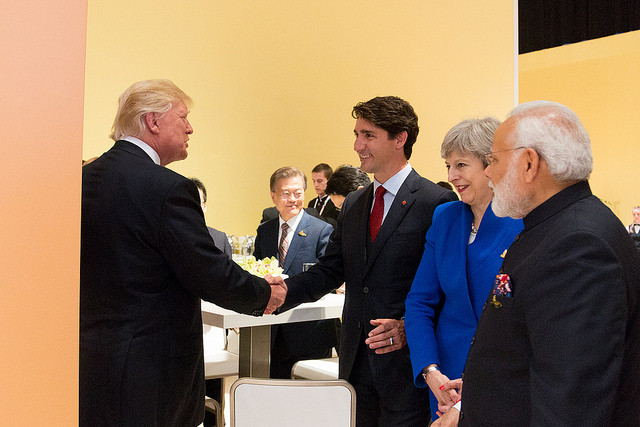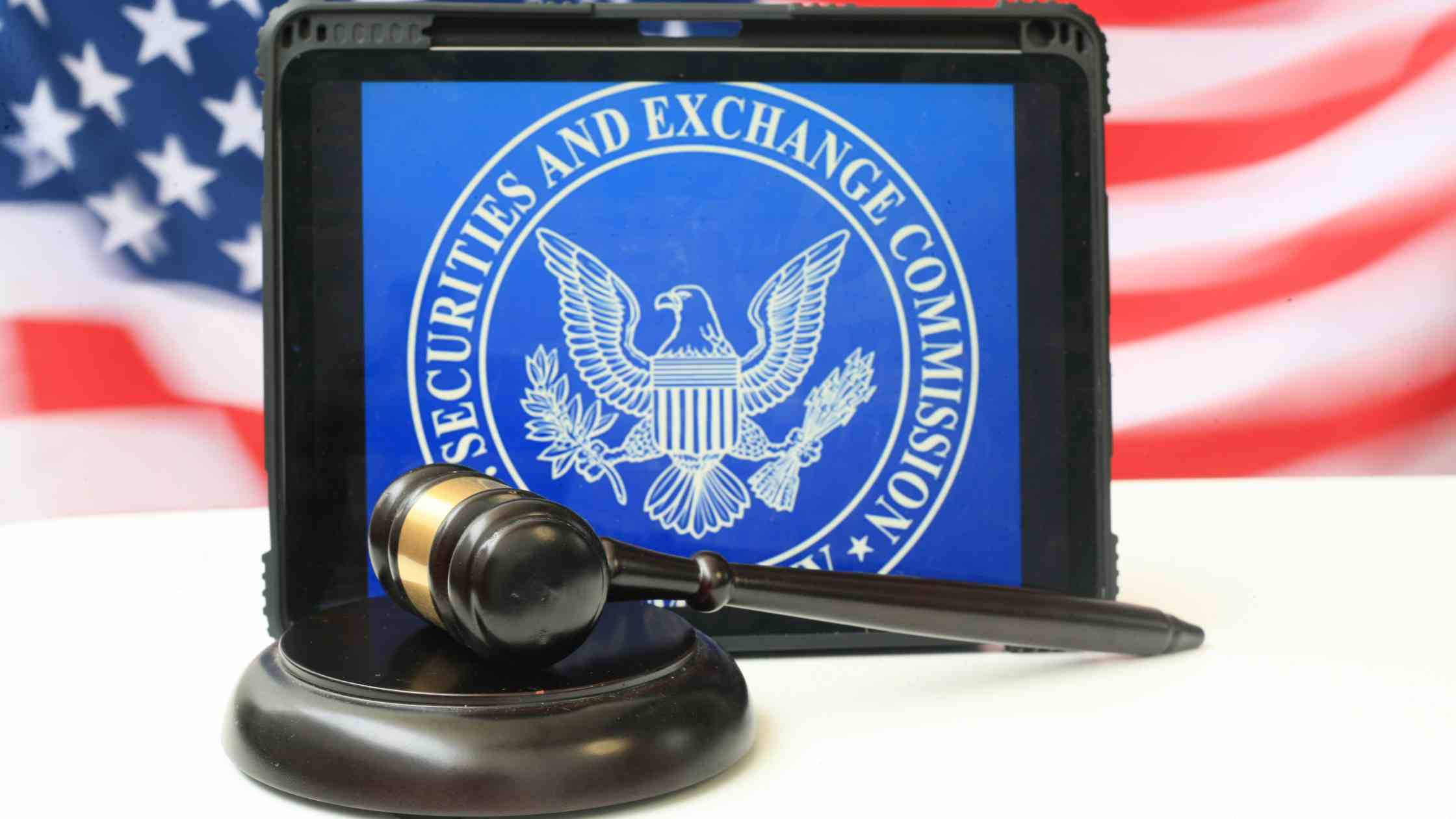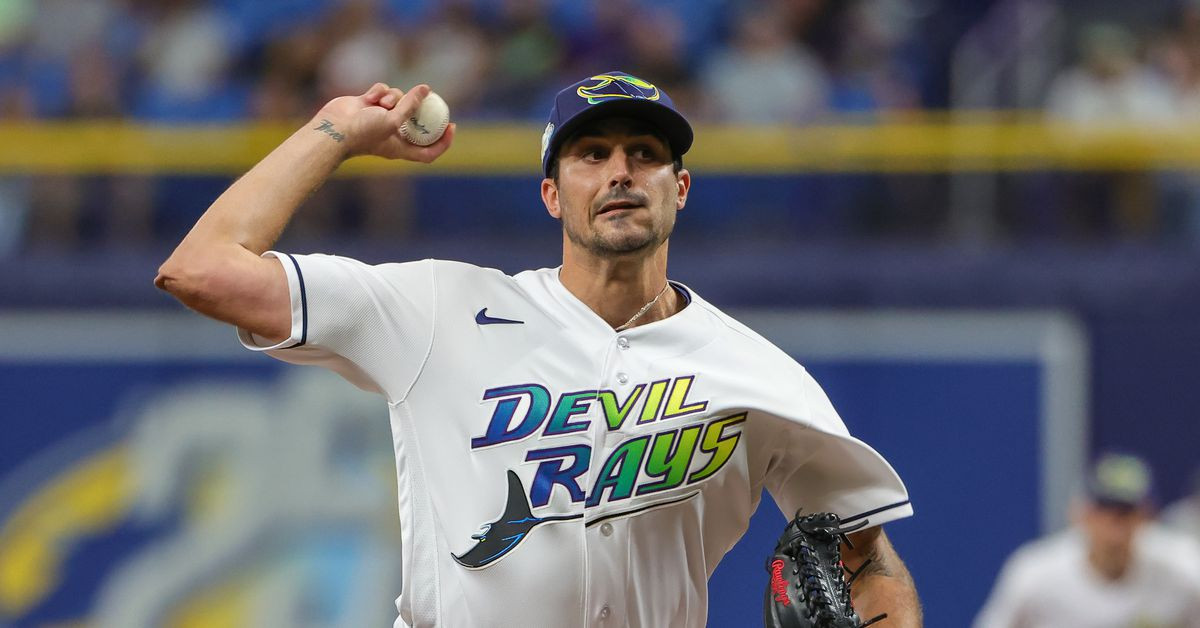Canada's NATO Spending Target: A Looming Deadline and Transatlantic Tensions
The upcoming Trump administration is putting immense pressure on Canada to significantly increase its military spending, prompting concerns and discussions about the country's commitment to its NATO allies. Canada's current plan to meet NATO's 2% GDP target by 2032 has drawn criticism from several high-profile US figures, including Senator Jim Risch, who predicted a less-than-favorable reaction from President-elect Trump. This has intensified the debate about Canada's defense investments and the potential ramifications of falling short of expectations.
US Concerns and the 2032 Deadline
Senator Jim Risch, ranking member of the Senate Foreign Relations Committee, voiced strong concerns at the Halifax International Security Forum, suggesting that Canada's proposed timeline is far too slow. His statement, foreseeing President-elect Trump's reaction to the 2032 target, highlighted the growing tension between the two nations. This underscores the importance of Canada addressing these concerns and potentially accelerating its timeline for meeting its NATO commitments. Risch's remarks weren't just an isolated incident; several other US politicians have publicly echoed concerns about Canada's lagging defense spending.
The Importance of Meeting NATO Targets
After Russia's annexation of Crimea in 2014, NATO allies agreed to avoid further budget cuts and aim for a minimum of 2% of GDP spent on defense within ten years. The decision was reaffirmed in the wake of the ongoing war in Ukraine, underscoring the importance of collective defense within the alliance. Canada's current trajectory falls significantly short of this target, and this is what has made it the subject of increasing scrutiny from allies.
Canada's Defense Minister Responds
Canadian Defense Minister Bill Blair acknowledged the need for increased defense spending, but emphasized the importance of value for money. He affirmed Canada's commitment to meeting the 2% target, but indicated a willingness to explore ways to accelerate the process. This includes seeking assistance from the American military-industrial complex and exploring methods to streamline military procurement to expedite acquisition of necessary equipment, including surveillance aircraft, helicopters, and the long-anticipated purchase of submarines. These procurement hurdles were highlighted as key factors that currently obstruct Canada from reaching its NATO spending target sooner.
Blair's Assertions on 'Good Value'
Minister Blair's insistence on 'good value' indicates a government keen to justify its spending to the Canadian public. He acknowledges the concerns, especially those of allies like the United States, and underscores that Canada is moving forward with its plans. This highlights an inherent need to balance the political realities of committing to significant spending increases with the need to demonstrate transparency and accountability in the procurement process.
Business and Political Perspectives
Canada's lagging defense spending has also sparked concerns from various business and political leaders. The Business Council of Canada urged the government to hasten its progress toward the 2% target and even suggested an even more ambitious goal of 3% by 2035. This emphasizes the potential economic consequences of inaction and the potential for significant trade implications with a more assertive US administration. The Business Council's call for reforms in defense procurement is particularly relevant; this highlights the perception that Canada's bureaucratic processes are impeding progress toward its NATO spending objectives. The Conservative party, while supportive of the 2% commitment, has yet to put forward its own detailed timeline.
Trudeau's Defense and Future Implications
Prime Minister Justin Trudeau has defended his government's record on defense spending, pointing to an increase from less than 1% of GDP in 2015-16 to the projected 1.37% this year. Trudeau's re-establishment of a special Cabinet committee on Canada-US relations speaks to the significance the government is now placing on relations with the incoming Trump administration. While emphasizing Canada's progress, he faces the challenge of convincing both allies and domestic critics that the country's approach is sufficiently swift to address the urgency of the situation.
Beyond the Numbers: A Matter of Geopolitical Alignment
The debate surrounding Canada's NATO spending commitments is not merely a financial one. It's about demonstrating a commitment to collective security and maintaining strong alliances, particularly in an increasingly complex geopolitical landscape. Canada's willingness (or lack thereof) to meet the target will likely shape its relationship with key allies in the coming years, especially under a Trump administration known for its focus on defense spending and an expected robust approach to international relations.
A Race Against Time: Canada's Defense Modernization
The pressure on Canada to accelerate its defense spending is not merely about meeting a numerical target; it's about modernizing its armed forces to effectively contribute to NATO operations and safeguard its national interests. Failure to address the concerns swiftly could strain relations with vital allies, limiting Canada's geopolitical influence and potentially creating significant challenges in upcoming international trade discussions. The coming months will be crucial in determining whether Canada can address this challenge successfully, and what path it chooses to pursue going forward. The global stage watches closely.

















